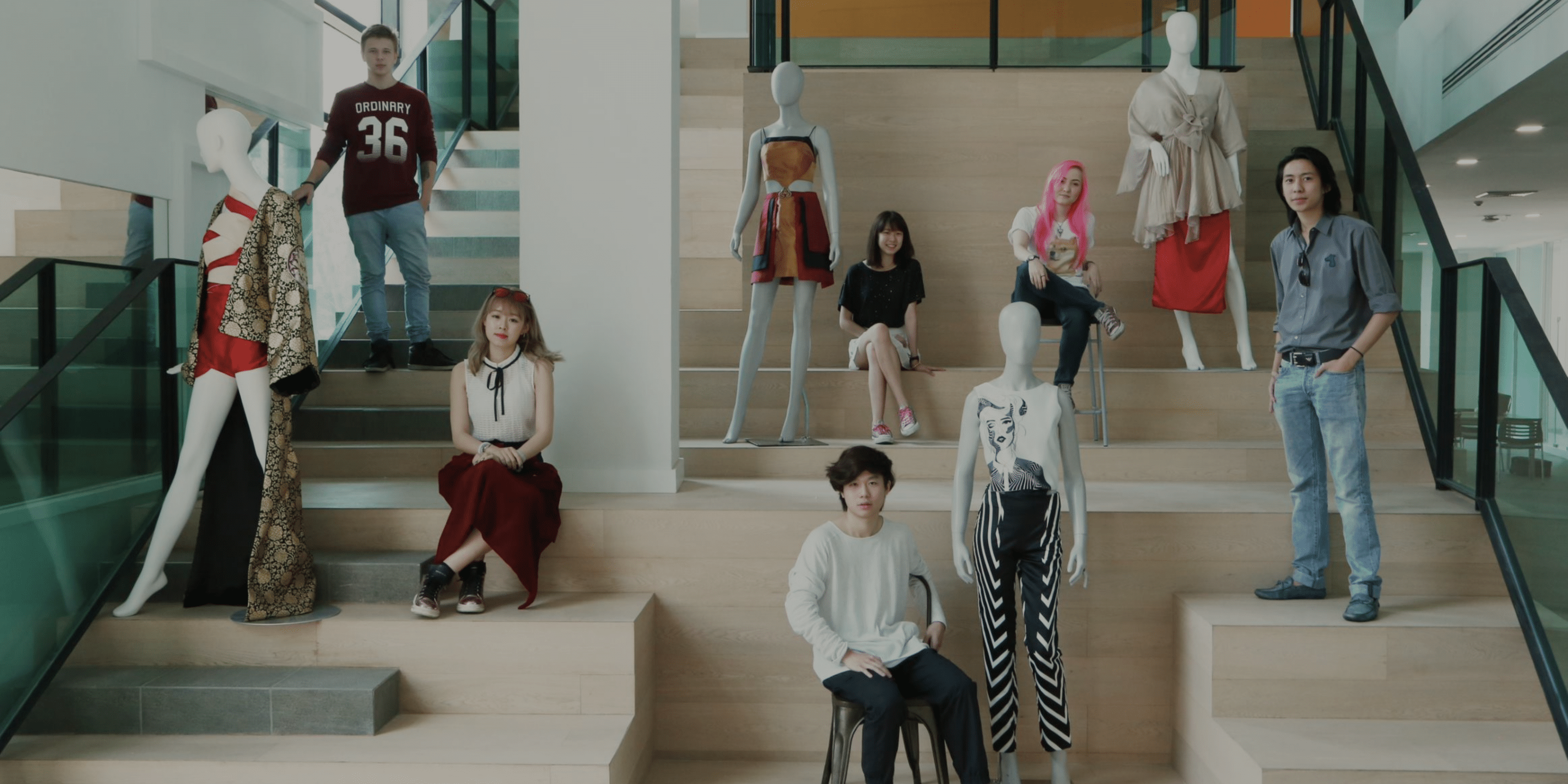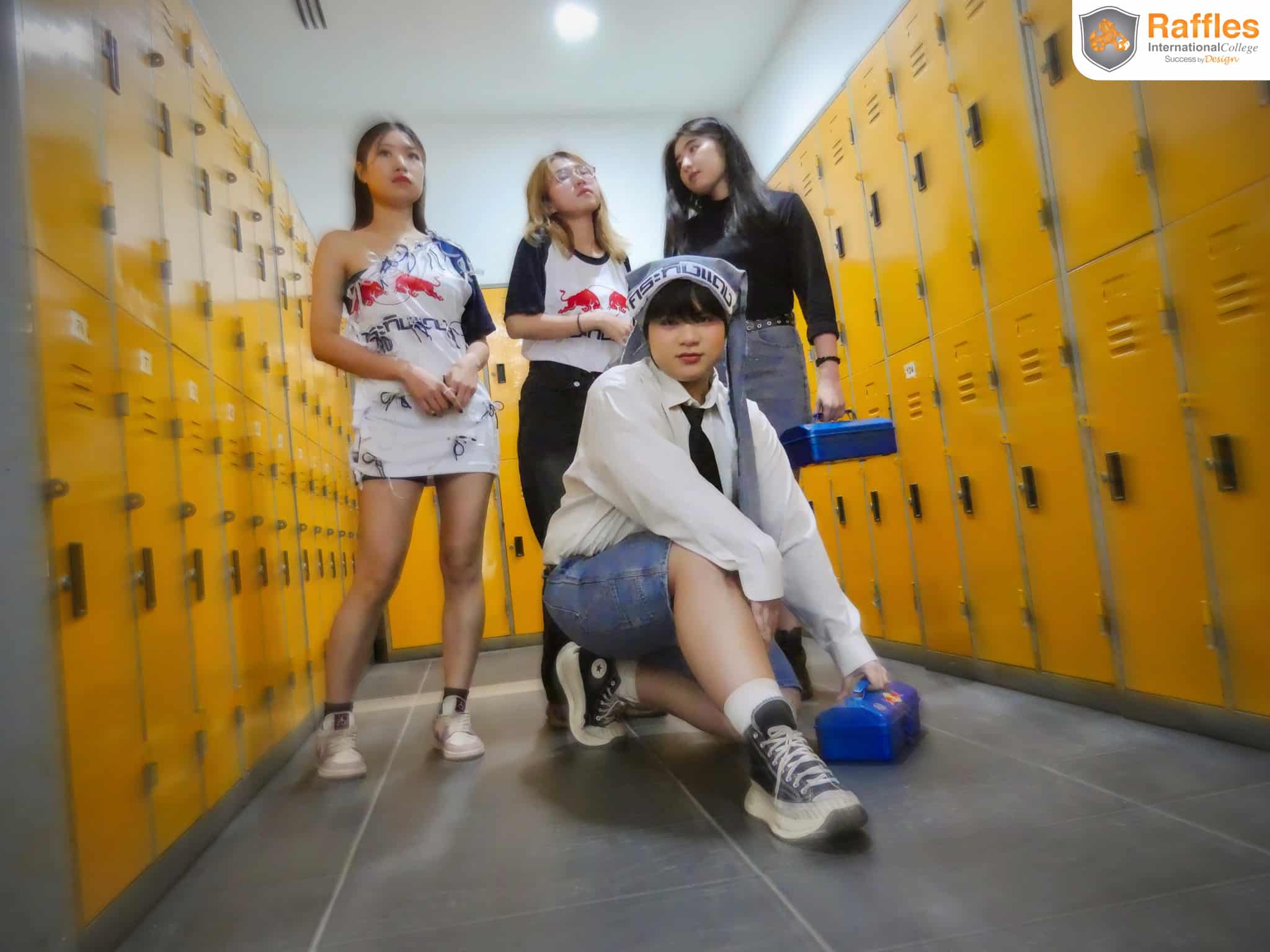
Diploma in Fashion Marketing and Management
Duration : 6 months
courses
To provide participants with the basic principles of marketing in the context of fashion retail industry through practical exercises, lectures, demonstrations and case studies. The primary scope is to cover all foundational concepts of fashion marketing management, so that the students are able to grasp other advanced modules in their program successfully. Students need to accomplish tasks such as an assignment, an integrated project and examinations in order to complete the module.
This module introduces the student to the Fashion Marketing & Merchandising Concept and further clarifies the Marketing Mix from a Fashion Industry perspective.
This module introduces the students to the basic elements of market research for strategic decision making. Students will learn how to develop a research project through the selection and application of appropriate quantitative and qualitative research methods.
This module will introduce the basic techniques of computer graphic skills of Adobe Indesign, Illustrator, Photoshop and explore the relationship between type and pictorial images for visualization and communication. Student will develop an understanding of the basic design elements and principles, page composition, photo-retouching, visual weight, appropriateness, consistency and the basic use of typography to create multiple pages of fashion design layout document.
The module provides an extensive coverage of textiles knowledge, starting from the original source of plants to the synthesis of chemicals to produce fibres. It allows the students to analyze the different types of fibres, yarns, construction of fabrics, knitting, weaving, dyeing, printing and many other techniques that are available in the textile industry.
This module is designed to introduce the student to the development of costume throughout the major historical periods and will provide students with the ability to understand and identify the main characteristics of silhouettes, textiles, accessories for each period.
This module is designed to provide the student with the knowledge and skills through practical exercises, lecturers, demonstrations and examples to enable them to identify and apply the basic theories of colour and design elements and principles. Students will have to successfully complete practical exercises and integrated projects in order to complete this module.
The module provides students with essential knowledge and skill sets to gain fundamental understanding of image capture through digital photography. In the module, students will be guided to explore both the technical and aesthetic aspects of photography as a contemporary medium of expression in visual communication. The guidance will take the form of lectures, tutorials, technical demonstrations, practicals, and critique sessions. The components of the module include familiarisation of digital photographic equipment, technical correlations of shutter speed, aperture, and ISO in exposure, common genres of photography, natural and studio lighting, digital photography workflow, etc.
